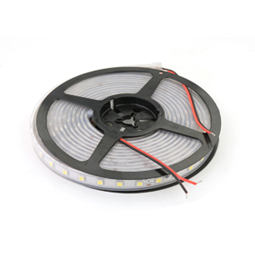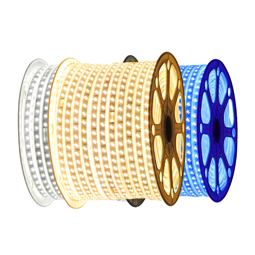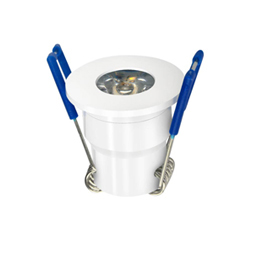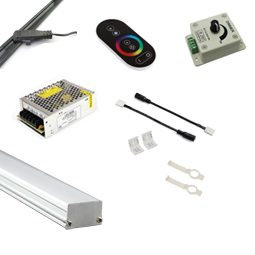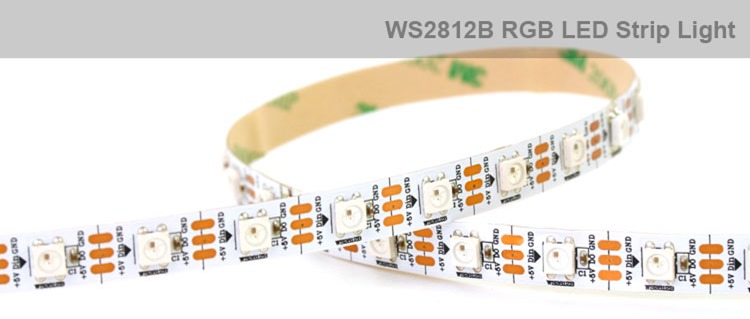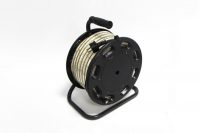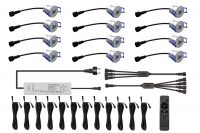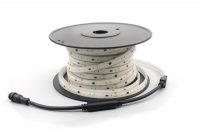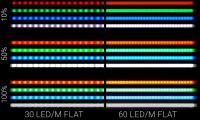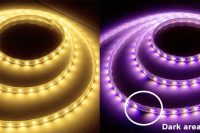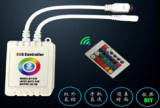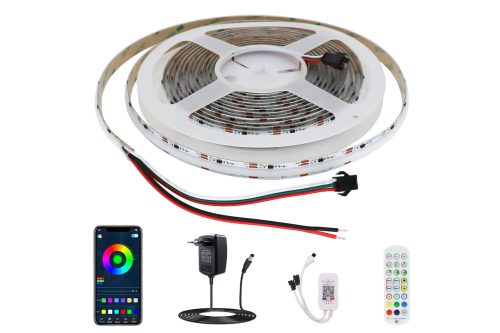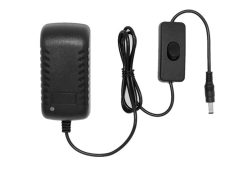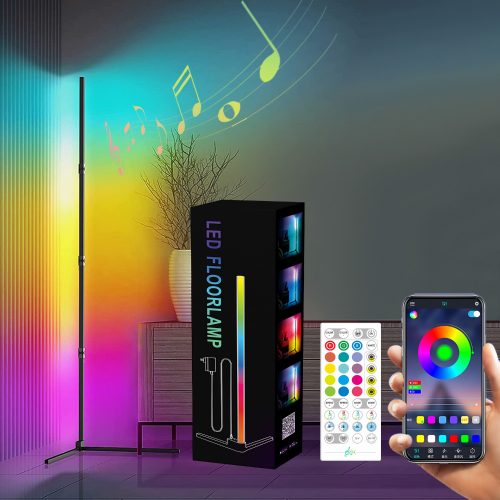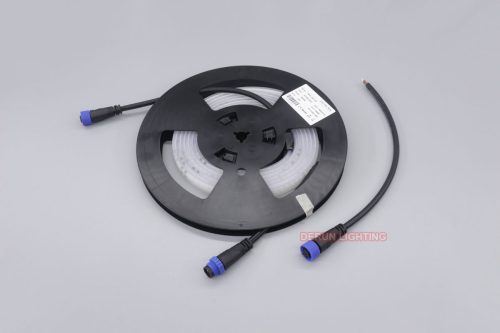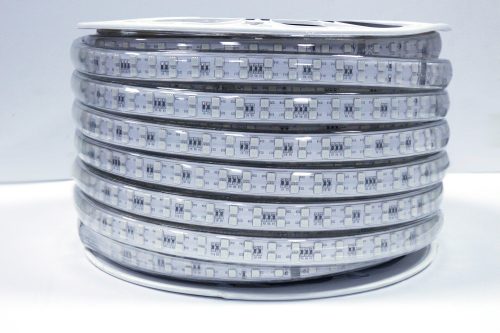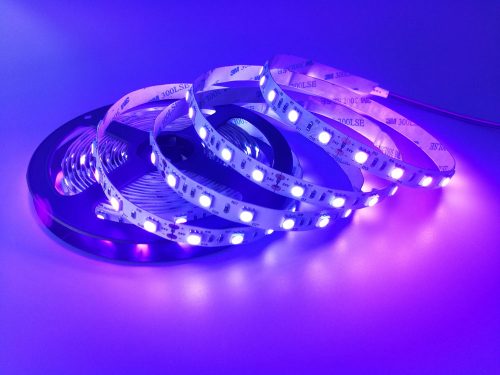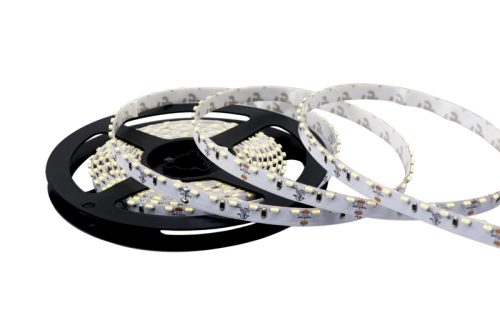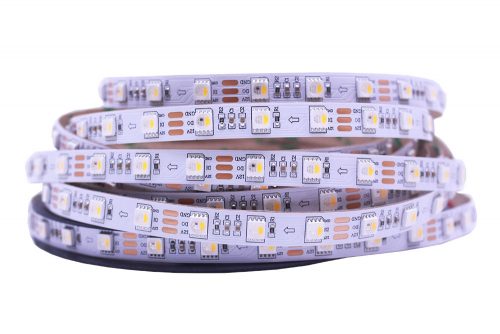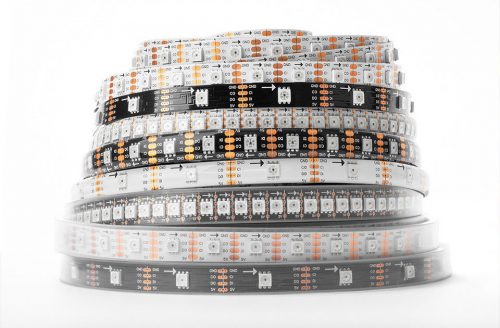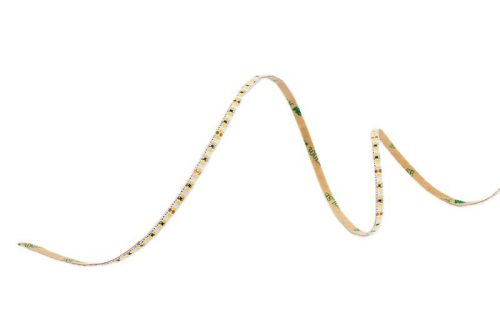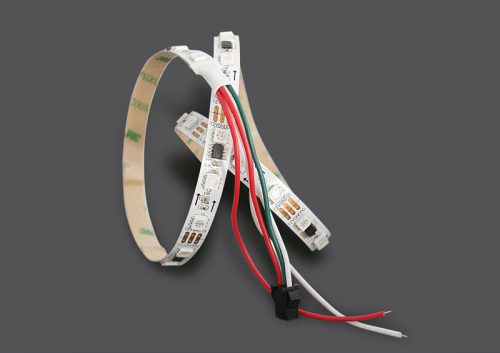1.LED size
0603, 0805, 1210, 5050 refer to the size of the LED (inch/metric) used for the LED light strip.
The following is a detailed description of these specifications:
0603: The conversion to metric is 1005, which means that the length of the LED element is 1.0 mm and the width is 0.5 mm. The industry is referred to as 1005, and the English system is called 0603.0805: The conversion to metric is 2125, which means that the length of the LED component is 2.0mm and the width is 1.25mm. The industry is abbreviated as 2125, and the English system is called 0805.
1210: Converted to metric is 3528, which means that the length of the LED component is 3.5mm and the width is 2.8mm. The industry is referred to as 3528, and the English system is called 1210.
5050: This is the metric system, which means that the length of the LED component is 5.0 mm and the width is 5.0 mm. Industry referred to as 5050.
2. The number of LED lights
15 leds, 30 leds, 60 leds refers to how many LED components are soldered on the length of the LED light strip. Generally speaking, the 1210 specification light strip is 60 LEDs per meter, and the 5050 specification light strip is every The meter has 30 LEDs, and the special one has 60 LEDs per meter. The price of LED strips with different LED numbers is different, which is also an important factor in distinguishing the price of LED strips.
3. Color temperature
Refers to heating a standard black body. When the temperature rises to a certain extent, the color begins to change from deep red – light red – orange yellow – white – blue, and when a light source and black body are the same color, we will black body at that time. The absolute temperature is called the color temperature of the light source.
Generally speaking, color temperature is not an indicator for evaluating LED strips. However, many foreign customers will make a special request because of the environment. The color temperature of the light source is different, and the light color is different:
The color temperature is below 3300K, the light color is reddish to give a warm feeling; there is a steady atmosphere, a warm feeling. It is called warm color temperature.The color temperature is in the middle of 3000–6000K. There is no obvious visual psychological effect in this color tone, and there is a refreshing feeling; so it is called "neutral" color temperature.
The color temperature is over 6000K, and the light color is blue, giving people a feeling of coldness, which is called cool color temperature.
4.Brightness: cd (candela)
The basic unit of luminous intensity, Candela is one of the basic units of the International System of Units.
Generally, LED lights with different colors will have different luminous intensities. The common unit is mcd, which is millicandela. The higher the value, the greater the luminous intensity, that is, the brighter.This is an important indicator for assessing the brightness of LED strips. The higher the brightness requirement, the more expensive the strip. This is because high-brightness LED chips are expensive, and the higher the brightness, the more difficult the package.
5.The angle of illumination:
This refers to the angle of illumination of the LED elements on the LED lights. Generally, the general-purpose patch LEDs, that is, the SMD components, have an illumination angle of 120 degrees. The larger the illumination angle, the better the astigmatism effect, but the relative brightness of the luminescence is correspondingly reduced.
The angle of illumination is small, the intensity of the light is up, but the range of illumination is reduced. Therefore, another important indicator for evaluating LED strips is the angle of illumination. There are some unscrupulous manufacturers on the market. In order to increase the brightness of the light to earn higher profits, the angle of illumination is deliberately reduced. If you are not careful, you will buy such shoddy components.
6.Voltage
This refers to the input voltage of the LED light strip. The commonly used specifications are DC 12V, and some are 24V.





